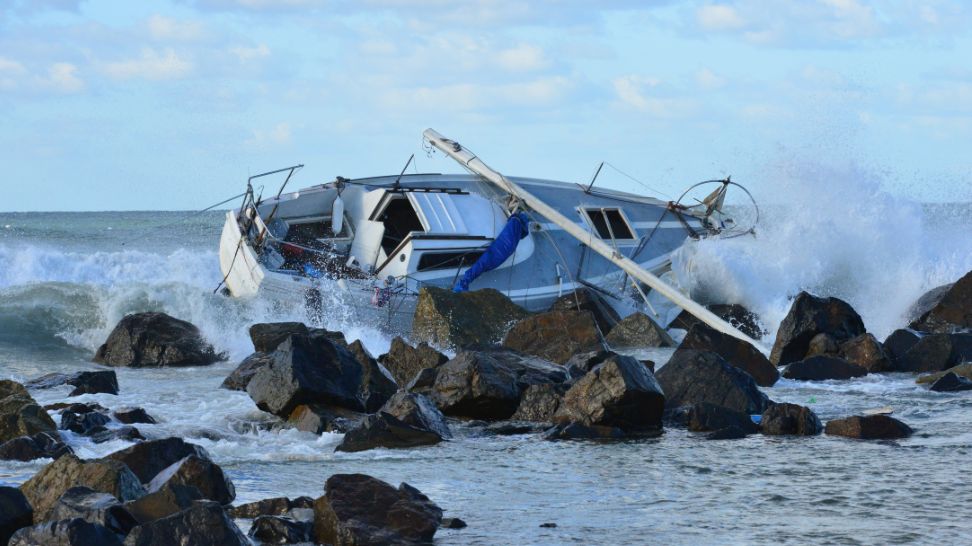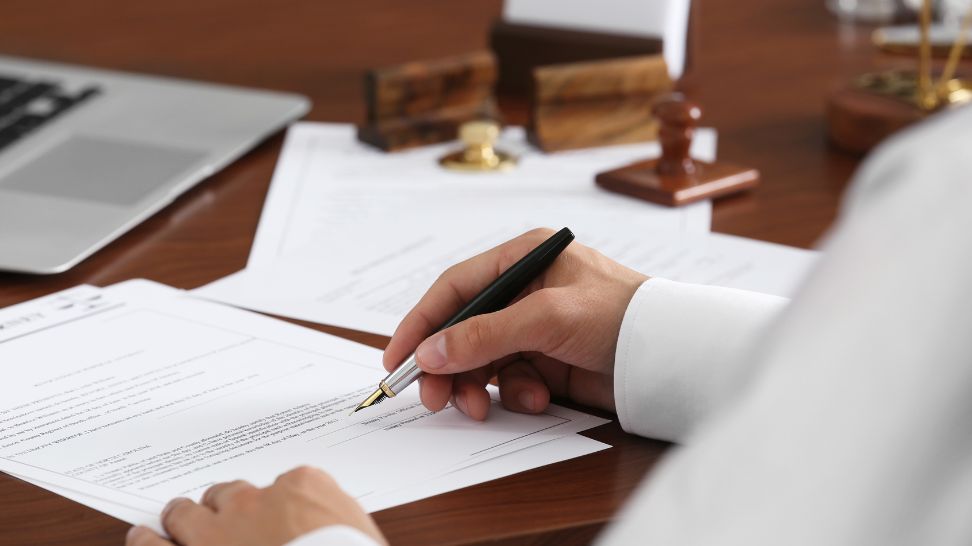Boats and yachts are major investments. After purchasing one, you want to ensure it stays safe. Asset protection for boats and yachts is crucial to avoid unnecessary risks, but you need to know how to do it the right way to avoid pitfalls.
What asset protection strategies are available, and how can you go about implementing them? Blake Harris Law has compiled the following information and is prepared to help you pursue the strategies that suit your needs.
Why is asset protection important for boats and yachts?
Many spend years trying to save money to purchase a boat or yacht. Both assets can offer years of joy, whether you want to spend time with friends and family or simply cruise across the waves.
Accidents can quickly take away that joy. Perhaps a storm occurs, and your boat sustains extensive damage. Maybe you weren’t paying attention and crashed into another boat, and now the owner is suing for damages. Regardless of the scenario, the asset you’ve worked so hard to earn may be in jeopardy.
Asset protection for boats and yachts can help keep your belongings safe. Asset protection is a collection of strategies for protecting your belongings against claims, lawsuits, and damages.
For example, say you have outstanding debt. Boats and yachts aren’t traditionally protected assets, so creditors can repossess them to pay off your debts. By utilizing asset protection strategies, however, you can prevent this from happening.
What are the various risks boats and yachts face as assets?
You can lose your boat or yacht in countless ways. Perhaps someone sued you, and you need to sell your boat to pay a judgment. Or maybe someone stole your boat, leaving you struggling to replace it. It’s important to remain aware of the risks so that you can take proper precautions.
Natural Risks
Boats and yachts often face the elements. You may find yourself caught in a storm while out on the water, or your vessel may face danger while stored at the dock. High winds, heavy rains, fires, falling debris, and other disasters can damage your boat or yacht beyond repair. Trying to fix this damage — or replace your vessel — can be expensive and time-consuming, so it’s important to have asset protection strategies in place.
Man-Made Risks
Natural disasters aren’t the only problems you may face. Boats and yachts are incredibly valuable assets; unfortunately, that means some people may take any opportunity they see to steal your boat. Without the right security in place, you may be unable to track down the thief, leaving you struggling to pay for a new vessel.
Theft isn’t the only man-made risk. You’ll likely share the water with other boats, which means accidents may occur. Whether you or the other boater is responsible, an accident could result in the loss of your property. In addition, some people may vandalize boats or yachts, forcing you to find a way to address the damage.
Legal Risks
Perhaps you damaged someone else’s dock when returning to shore. Or maybe you caused a boating accident, and someone sustained injuries. Maybe you have outstanding debts and have found yourself facing constant calls from collectors.
Boaters may face all sorts of legal risks. If you find yourself in legal trouble, your boat or yacht may be repossessed or sold to cover damages.
Asset Protection and Strategies
If you’re like many people, you’ll want to find ways to protect one of your more precious assets. Thankfully, there are a variety of asset protection strategies you can choose from for boats and yachts.
Insurance Coverage
You never know when disaster may strike. Insurance coverage is an excellent way to protect against the unexpected.
Say, for example, you accidentally hit another boat while on the water and now the owner is suing you. Liability insurance protects you from legal action; the insurance will cover any damages or injuries to the opposing party, protecting your boat or yacht in turn.
In addition, proper insurance coverage can help you pay for repairs or a replacement should your vessel be damaged or stolen.
Security Measures
While insurance can cover unexpected disasters, it’s beneficial to prevent problems in the first place. While you can’t account for everything, installing security systems can reduce the risk of theft or vandalism.
Install security cameras to identify potential thieves. Set up alarms to alert you to criminal activity and potentially scare off intruders. Ensure your boat or yacht is stored properly to reduce risk. By investing in proper security measures, you can protect your property and give yourself peace of mind.
Corporations and Trusts
If you’re concerned about legal action, consider an asset protection trust. This gives a trustee control over your assets, which helps protect them. Offshore trusts can be particularly beneficial. By choosing an offshore trustee, you can protect your assets from legal action in the United States.
Alternatively, you could consider using a corporation to own your boat or yacht. This degree of separation not only helps protect you but also makes taking legal action against you more complicated. Generally, incorporating your vessel involves creating a Limited Liability Company (LLC).
What are the tax planning considerations for boat and yacht assets?
Proper tax planning is also important for protecting your assets. When purchasing a boat or yacht, you’ll need to pay certain taxes, including:
- Sales and/or use taxes
- Personal property taxes (depending on the state)
- Property taxes (if you own a boat slip)
In addition, any heirs may have to pay taxes if they inherit your vessel.
That said, boats and yachts come with certain tax write-offs. For example, if you use your boat for sightseeing tours, you may be able to write off business expenses. Speak to an attorney to learn more.
How does estate planning and succession apply to boating assets?
You want to do more than protect your assets while you’re alive; you also want to ensure you pass them on to the right people. Therefore, proper estate planning is crucial.
Contact a qualified law firm to determine how to pass on your boating assets. Determine whether you want to pass your vessel on to a single individual or have your heirs sell it and split the proceeds.
Why are asset appraisals and valuations crucial for boat and yacht owners?
Your insurance company will likely require an appraisal before offering you a policy. This appraisal helps the insurance company determine the condition of the boat and how much to insure it for. While this can be a frustrating process, a solid insurance policy may be vital to protecting your assets.
At Blake Harris Law, we aim to provide clients with asset protection for boats and yachts. For help choosing an asset protection plan, reach out to an experienced legal professional today. We’d be happy to discuss your needs and provide the proper asset protection solutions.





